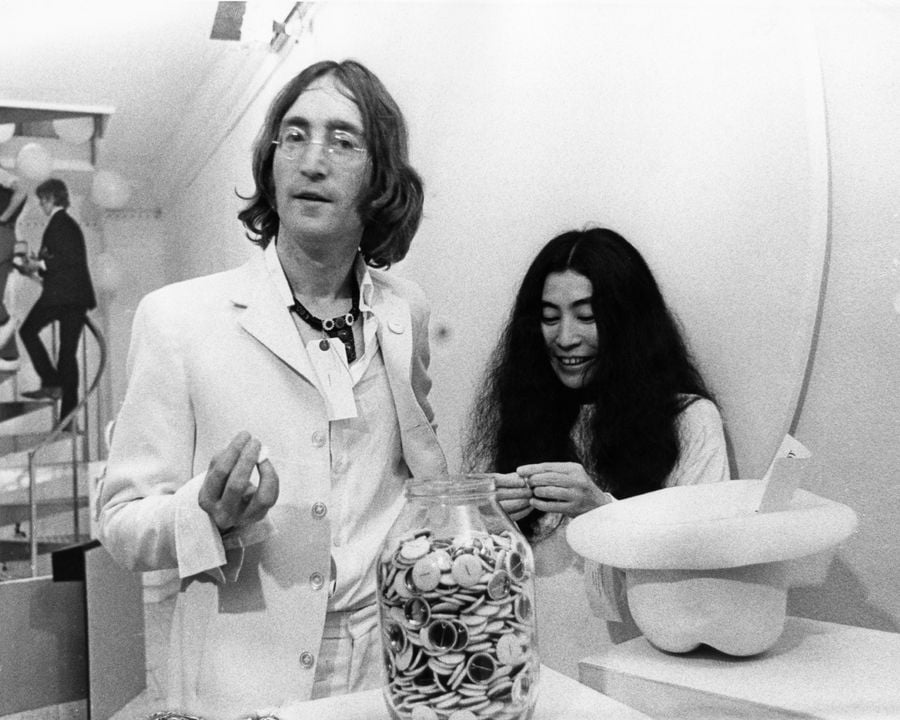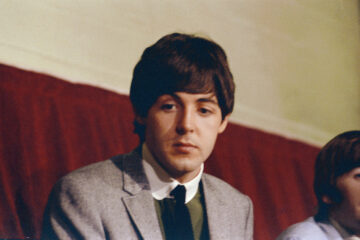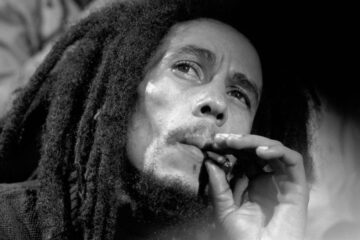In November 1966, The Beatles enjoyed a well-deserved break from the madness of stardom. They returned to their friends and family in Liverpool, but John Lennon struggled to settle back into relaxed civility, so he decided to shoot a film in Spain. He loved this new creative avenue. “I was always waiting for a reason to get out of The Beatles from the day I made How I Won the War,” he would later reflect.
That frank admission was, in part, informed by the fact he felt trapped by showbiz – “There’s no life without it,” he’d muse – but it’s also indicative of his flirting glances towards an acting career. “I feel I want to be them all – painter, writer, actor, singer, player, musician;” Lennon admitted during A Hard Day’s Night. “I want to try them all, and I’m lucky enough to be able to. I want to see which one turns me on. This is for me, this film, because apart from wanting to do it because of what it stands for, I want to see what I’ll be like when I’ve done it.”
The problem was he turned out to be a sub-par actor. While mega-fans might say that he was a consummate performer who didn’t have enough of a chance to work with a serious director, even the foolhardy would have to admit that we weren’t dealing with a bespectacled Marlon Brando here. Nevertheless, he certainly had a passion for cinema, and it was an artform that unquestionably informed his outlook as a musician.
Of all the films that inspired him, three stand out as particular favourites. The eclectic mix illuminates a lot about the man himself and his journey from the socially conscious ‘Smart One’ to the ‘Psychedelic One’ and back again. He spent a large chunk of his youth in the cinema, and it’s an inspiration that never left him, bringing a sense of scope to his lustrous music.
John Lennon’s favourite films:
Citizen Kane (Orson Welles, 1941)
The 1941 epic Citizen Kane is a classic that ranks among the greatest films ever made. It is, in short, the tale of a man who craved love from the world like an obsessive fantasist, but in reality, he had nothing selfless to give back. As Paul McCartney would later pen: “In the end, the love you take, is equal to the love you make,” Kane had this ratio and understanding all skewed in Orson Welles’ society skewering marathon.
Strangely, Lennon’s love of the film would almost have a meta-symmetry with the plot. He loved it and was deeply inspired by it, continuing to watch it frequently with Yoko Ono, as she would later reveal, but he would also fall out of love with its creator, questioning the presence of ego in the piece. “[Citizen Kane] is something else too,” Lennon proclaimed.
But he quickly caveated that by adding: “Poor old Orson [Welles], though, he was troubled. He goes on [The] Dick Cavett Show, and he’s sort of, ‘Please love me, I’m a big fat man now, and I’ve eaten all this food, and I did do well when I was younger, and I can act, I can direct, and you’re all very kind to me, but at the moment I don’t do anything.’” All the same, despite that disdain, the film’s transcendent space in society would be something he looked to imitate with his own art throughout his career.
El Topo (Alejandro Jodorowsky, 1970)
While Citizen Kane might have been beloved, by the time 1970 came around, Lennon was after something that would blow his mind rather than titillate it. With El Topo, he found a film that the director, Alejandro Jodorowsky, would describe as “LSD without LSD.” The maddening movie came with the tagline: “Too much perfection is a mistake,” and it certainly stood by that mantra.
El Topo impressed both Lennon and Ono as they sought progressively groovy spiritualism. The couple began attending every screening of the surrealist movie that they could. Ultimately, Lennon loved El Topo so much that he told his manager to hand $1 million to Jodorowsky for any new project he wanted to make. With Bob Dylan and Roger Waters also jumping aboard the shocking cinematic bandwagon, the film became the counterculture’s new picture fixture. “We thought El Topo was a great work of art, and we thought it should get exposure,” Lennon enthused.
The film sees a gunfighter wayfaring through a mystical Western landscape, and encountering a slew of surreal situations and far-out characters along the way—with a solid dose of sex and violence thrown in. While that might sound aimless (it is, largely), there was a conceptual point behind it all akin to Ono’s own artistic work, which is perhaps why she called Jodorowsky a “rare genius”.
Satyricon (Federico Fellini)
When The Beatles stopped touring in 1966, it was a move that few bands could make. But things had grown so demented on the road that they had little choice in the matter. All the while, they were trying to twist their own sound towards the kaleidoscopic in a multitude of ways. They had to do something different, and from their lofty perch, nobody was going to tell them what that was, so they lent into the weird world they knew.
John Lennon, like a Radio 4 DJ never afraid to deploy an uber-niche reference without explanation, felt it was fitting to liken the last days of The Beatles as a touring tour de force to Federico Fellini’s most obscure project. By 1969, Fellini had reached his own period of experimentation for the sake of it, and during it he produced his most bombastic work: Satyricon.
Criterion’s cover describes the colourful film as “an episodic barrage of sexual licentiousness, godless violence, and eye-catching grotesquerie, Fellini Satyricon follows the exploits of two pansexual young men—the handsome scholar Encolpius and his vulgar, insatiably lusty friend Ascyltus—as they move through a landscape of free-form pagan excess. Creating apparent chaos with exquisite control, Fellini constructs a weird old world that feels like science fiction.”
Lennon not only loved the movie, but he also identified with it—making it perhaps his most personal favourite film on the list. As Lennon once said of his days in the ‘Fab Four’: “I was an emperor. I had millions of chicks, drinks, drugs, power and everybody saying how great I was. It was like being in a fuckin’ train. I couldn’t get out.” At one point, Lennon was even set to star in the wild film alongside Boris Karloff, Groucho Marx and Brigitte Bardot, but Fellini couldn’t find the funds, so Lennon enjoyed the madness from afar—perhaps the only man who ever related to the picture.



